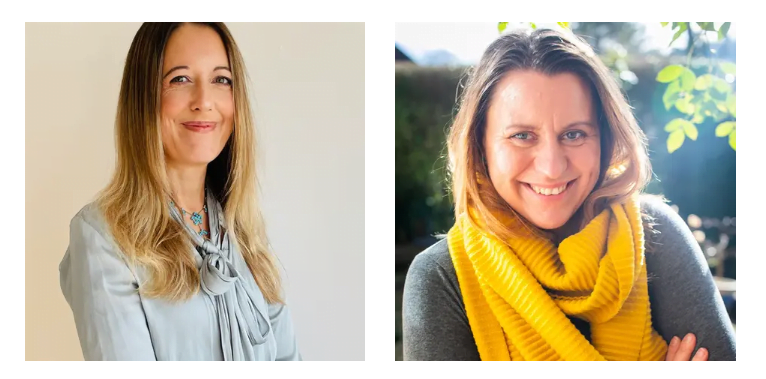Meet Aga and Sharon, two individuals driven by desire to break the cycle of trauma and self-destructive behaviour. Drawing from their personal and professional experiences of witnessing struggle with the challenges of mental and physical health, addiction, and incarceration, they founded The Arukah Project. Working alongside experts in trauma, addiction recovery, psychology, public health and people with lived experience they created a ground-breaking model of support.

Arukah’s model is rooted in the understanding that trauma and adverse childhood experiences (ACEs) often manifest in cycles of high-risk and chaotic behaviour, making it difficult for individuals to engage with essential support services such as mental health, recovery, education and well-being etc. Through the development of emotional competence, their model empowers individuals into a state of receptiveness and willingness to engage with vital services pioneering a new approach to healing and recovery.
Why ACE?
Over half of the UK population has encountered at least one adverse childhood experience (ACE) with around 9% enduring four or more and regardless of ethnicity, gender, or socioeconomic status, ACEs can affect anyone. Research also shows that childhood adversity can have devasting lasting effects into adulthood, impacting everything from lifestyle choices to health.
But what exactly are the implications of ACEs in adulthood? The repeated activation of the body’s stress-response systems, known as toxic stress, can lead to hormonal imbalances, cognitive impairments, resulting in emotional dysregulation. It can even change a person’s DNA and this means that ACEs not only impact individual health but also have intergenerational effects, perpetuating cycles of adversity.
Individuals with ACEs are more likely to struggle academically, have anxiety, depression, self-harm, high levels of anger and shame, abuse substances and alcohol, engage in High-risk sexual behaviours and experience conflict in interpersonal relationships.
Understanding the far-reaching consequences of childhood adversity is crucial for developing effective strategies and support systems. By addressing ACEs and their impact on individuals and communities, we can work towards creating a more resilient society for future generations.
How do we do it at the Arukah Project?
At the core of Arukah’s approach lies a commitment to Trauma-Informed Care—a framework that acknowledges the prevalence and effects of trauma and emphasizes safety, trust, empowerment, collaboration, and cultural sensitivity in service delivery.
By integrating trauma-informed approaches into their programs, Arukah provides a safe and supportive environment for individuals to confront their past traumas. Their models empower individuals to recognise the impact of their traumatic experiences and rebuild their emotional competency supporting their journey to health and wellbeing.
One of the key populations Arukah serves is individuals within the criminal justice system, where childhood trauma often manifests in dysregulated behaviours and cycles of incarceration. By addressing the root causes of behaviour, Arukah approach upskills individuals to break free from the cycle of criminogenic and addictive behaviour encouraging them to embrace the future.
With statistics revealing that 50% of the UK population scores high on the Adverse Childhood Experiences (ACE) test, the need for trauma-informed approaches across sectors has never been more apparent, so in addition to supporting individuals, The Arukah project has recognised the need to support organizations become committed to employee well-being and raising awareness of the widespread prevalence of trauma and offering tailored solutions to support workforce resilience, promoting organizational health which in turn improves productivity and efficiency through improved staff morale.
For More Information You Can Visit: https://www.arukah.co.uk/





